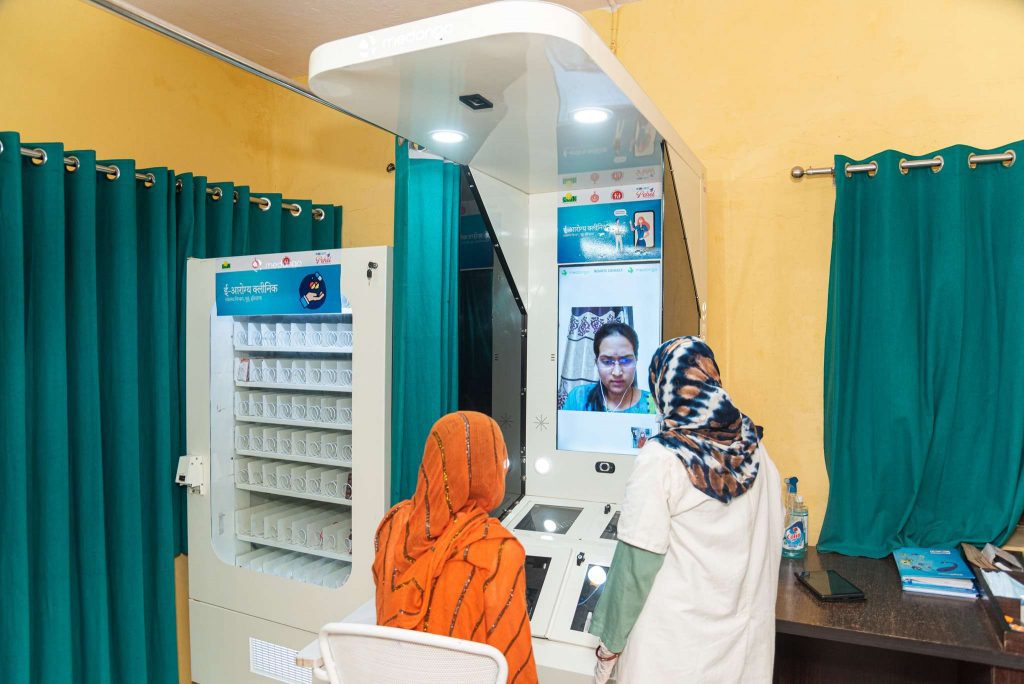Corporate Social Responsibility (CSR) is no longer a side note in business strategy—it’s a core commitment. It reflects a company’s responsibility not just to its shareholders, but to all its stakeholders, including employees, customers, communities, and the environment. CSR today is about accountability, ethics, and long-term value creation. Upholding these values builds trust and strengthens a company’s reputation in a competitive market.
In today’s evolving landscape, CSR has moved beyond charitable donations. It now involves building long-term, meaningful partnerships that contribute to sustainable development, drive innovation, and deliver real impact on the ground.
Key CSR Developments in India
Strengthened CSR Regulations & Impact Assessment
India has taken a structured approach to CSR by mandating CSR spending through the Companies Act, 2013. Over time, the Ministry of Corporate Affairs (MCA) has introduced amendments to enhance the quality and transparency of CSR practices. These include clearer guidelines on project planning, monitoring, and outcome evaluation.
A significant shift is the mandatory impact assessment of large CSR projects. Companies are now required to measure the effectiveness of their CSR initiatives and demonstrate their contribution to sustainable development goals (SDGs). This evolution is leading to more strategic, data-driven CSR investments.
In parallel, the Securities and Exchange Board of India (SEBI) has mandated ESG (Environmental, Social, and Governance) disclosures for listed companies, further embedding sustainability into the corporate framework.
Focus on Skill Development and Livelihood
As India navigates complex socio-economic challenges, CSR in India is increasingly aligned with skill development and livelihood generation. Corporates are partnering with NGOs and training institutions to equip underprivileged youth with job-ready skills, helping them break out of poverty cycles.
At the grassroots, CSR programmes are encouraging entrepreneurship and micro-enterprise development, especially among women and marginalized groups. These efforts align with national priorities such as Make in India and Atmanirbhar Bharat, reinforcing economic self-reliance.
CSR in Healthcare and Pandemic Resilience
The COVID-19 crisis marked a turning point for CSR in healthcare. Corporates stepped up to fund critical health interventions—ranging from hospital infrastructure and medical supplies to awareness campaigns and vaccination drives.
Today, the momentum continues through investment in telemedicine, rural healthcare, and digital health solutions. These initiatives bridge the urban-rural healthcare gap and strengthen India’s preparedness for future health crises. Public-private partnerships have become crucial in building robust healthcare systems, especially in underserved regions.
Why CSR Matters to Modern Businesses
Meeting Stakeholder Expectations
Consumers, investors, and communities increasingly expect businesses to operate responsibly and transparently. Companies that integrate sustainability and social responsibility into their operations build stronger stakeholder relationships and reduce reputational risks. CSR helps companies align with these values, creating a competitive edge in the market.
Talent Attraction and Retention
Today’s workforce, especially Gen Z and millennials, actively seek out employers with purpose. A visible commitment to CSR helps companies attract and retain top talent. It fosters employee engagement, boosts morale, and encourages loyalty—key drivers of long-term success.
Driving Innovation and Business Resilience
CSR isn’t just about giving back—it’s also about building future-ready businesses. Companies that embed sustainable practices can reduce costs, improve efficiency, and enhance their resilience to environmental and social risks. CSR drives innovation and enables businesses to adapt in a rapidly changing world.
Partnering with Smile Foundation: Creating Impact That Lasts
At Smile Foundation, we work with leading brands to design and implement CSR strategies that make a lasting difference. Here’s how your organisation can partner with us:
1. Education for All
Support education initiatives that improve school infrastructure, sponsor scholarships, and provide vocational training for underprivileged children and youth—especially girls. Together, we can bridge the education gap.
2. Accessible Healthcare
Through Smile Foundation’s Health Cannot Wait initiative, CSR funding can provide mobile health services, strengthen clinics, and expand telemedicine access in rural and remote areas.
3. Women Empowerment
Support our Swabhiman programme, which focuses on women’s health, education, and entrepreneurship training—empowering women to become agents of change in their communities.
4. Livelihood and Skill Development
Invest in skill-building programmes that help disadvantaged individuals secure employment or launch small businesses. These initiatives build self-reliance and reduce long-term dependency.
Long-Term Impact of CSR Partnerships
Effective CSR goes beyond charity—it sparks a multiplier effect. When communities gain access to education, healthcare, and economic opportunities, local economies flourish. Job creation, improved infrastructure, and stronger purchasing power drive inclusive growth.
By partnering with Smile Foundation, your organisation contributes to building resilient, self-sustaining communities that can shape their own future. Together, we can turn CSR into a vehicle for real, scalable impact—aligned with national development goals and global sustainability standards.










